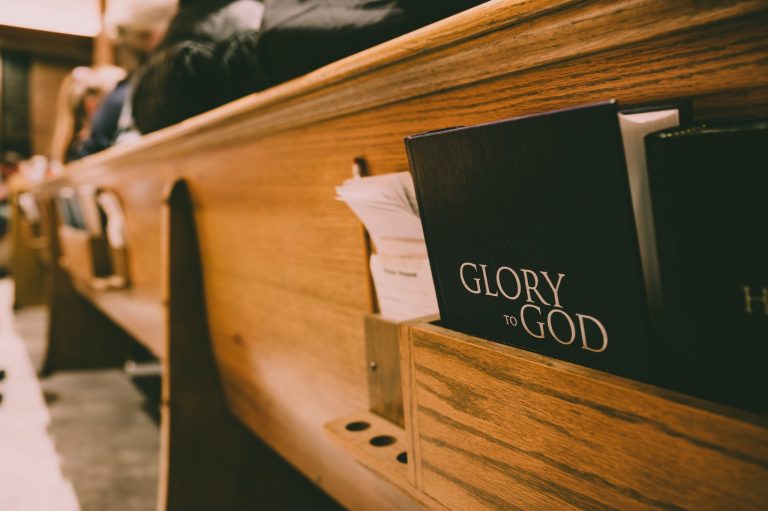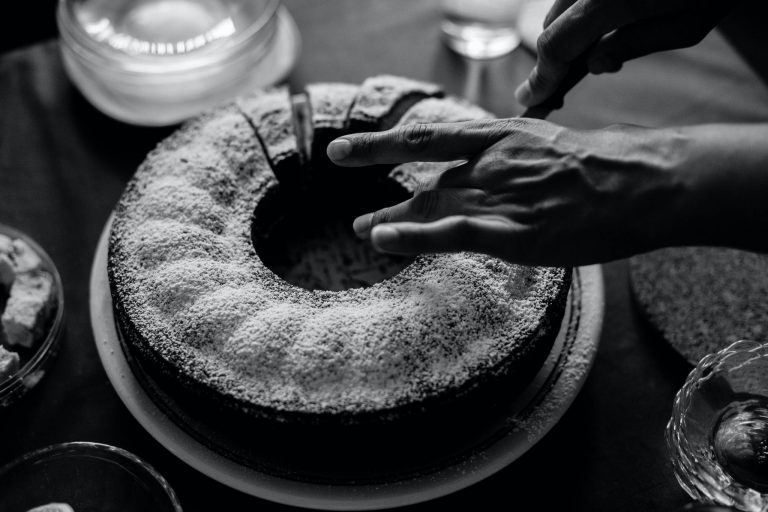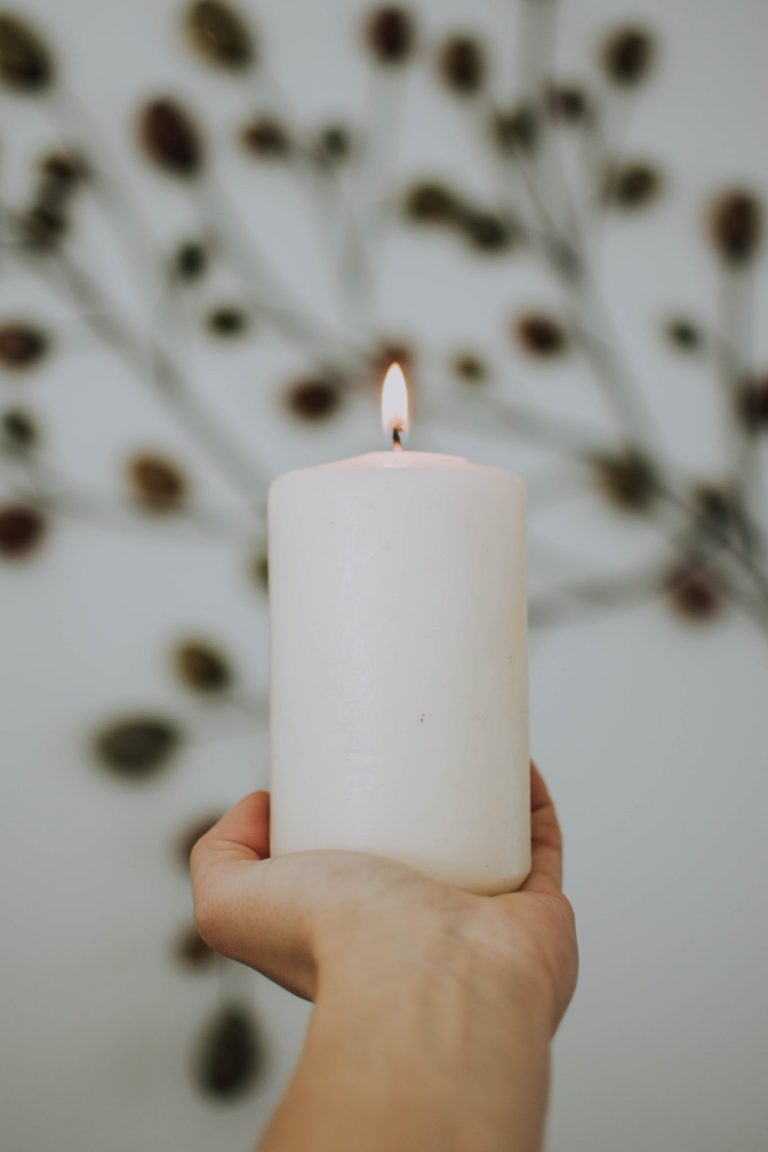Part of the Communion In Times Of Coronavirus series of gentle reflections
Inderjit Bhogal, 2020
Click here for more
BUILDING WELCOME, MAINTAINING CONNECTION WITH REFUGEES
Notes prepared for an interview on Radio Sheffield on Sunday 19th April 2020
What can churches do?
We are all in a very difficult coronavirus situation, but we are not all in the same boat.
We are all in the same sea and storm, but there are different degrees and levels of protection. Some are in well protected boats, others are in fragile boats, some are in dingys, and some people are in the water looking for life belts of rescue. There are people, especially refugees and those seeking sanctuary among us who are more vulnerable than others.
Coronavirus is universal, but the degree and levels of protection are very different. A universal aspect of COVID-19 is isolation, and a very real sense of fear and uncertainty and trauma.
Trauma is a universal, global phenomenon now. It is no longer just the experience of the most marginalised people. No one is privileged or protected in Coronavirus. No one is immune. We all know what it is to be separated from those we love.
Trauma is not new for people seeking sanctuary and refugees, but we can all empathise with them, as we all share this reality.
Coronavirus is now a double jeopardy, trauma on top of trauma, hurt for people who have already been in situations of harm and danger through war, and who already carry with them deep scars of violence.
The danger for many “asylum seekers” and refugees is that loneliness and destitution is deepened and exacerbated. All the familiar structures and support are removed.
People without homes, and people far from homes, people whose homes have been destroyed by war and extreme weather are at great risk.
The media was full of news of refugees prior to 31 January. What is happening to refugees now, how are they faring at the borders of Europe? We need more news from the wider world. We need more information about the most vulnerable.
And it is important to keep before us news and information about people seeking and taking sanctuary among us.
This week there have been reports of refugees in peril in the Mediterranean Sea.
23 Italian MPs and three MEPs wrote to the Italian Prime Minister imploring him “act quickly to help those who need to be rescued at sea. We hear news of a shipwreck, of boats laden with humanity, desperately trying to reach the European coast”.
Information provided by Non-Government Organisations on Easter Sunday stated that four boats, carrying 258 migrants between them were in distress, in the waters between Malta and Italy.
47 of them were rescued by SMH, a Spanish NGO.
This is the time of the year when the numbers of refugees in the Mediterranean increase.
In addition, there have been bombings in Libya close the coast where migrants are kept in detention centres, and this pushes them to leave.
Italy says its ports are “unsafe” owing to coronavirus.
Shamefully, Britain maintains a hard line for example in offering welcome to unaccompanied refugee children whose lives are in danger. According to charities working with refugees, such as Safe Passage, the majority of the around 10,000 unaccompanied refugee children who have arrived in Britain since 2010 have got here using dangerous travel methods including hiding in the back of trucks, further endangering their lives. Less than 1000 unaccompanied refugee children have reached the UK through government schemes. Even this week, children who have been legally accepted to join families in the UK remain trapped in overcrowded refugee camps on Greek Islands.
Refugees have practically disappeared from news broadcasts.
Coronavirus is being used by governments as an excuse to say refugees cannot be rescued because it would not be safe to do so. This is alarming in the face of words of solidarity towards people who suffer the most. Church leaders can be more audible in expressing concern, and calling for justice for refugees. Local churches can intentionally ensure refugees in their localities, and in their prayers, are not neglected.
Build virtual sanctuaries within your virtual congregations, to ensure those in the double trauma I have described above are not isolated. Support then through local sanctuary charities and networks. Search out your local City of Sanctuary group. Donate financial support through their website. Offer other support as you are able in the circumstances.
When we come past Coronavirus, we must maintain the priority of protective hospitality for the most vulnerable while we ensure that care workers, local and those who are here from other countries, have greater justice in terms of worker rights and wages. We must not lift the pedal off the need to love more those who have been valued the least.
I live in Sheffield. I am well aware that the Sanctuary Centre in Sheffield which has provided a hub for meeting and friendship has had to close owing to COVID-19 and government guidelines.
City of Sanctuary Sheffield has over the years built up a vast network of partners, volunteers and supporters. City of Sanctuary is now the single point of reference for refugees and supporters in Sheffield.
We are working with them now to build a “virtual sanctuary” to nurture and sustain the sense of belonging, friendship and support by:
- Developing ways to keep people connected and supported, and ensure all asylum seekers in accommodation have WiFi connection
- WhatsApp Groups with personal messages of encouragement and practical tips, food deliveries, financial support and learning languages
- Maintaining contacts for legal and health matters through remote service delivery, critical in ensuring pathways to justice and guidelines on rights are not disrupted
- Maintain telephone check-ins
- Supporting home schooling with teaching support and laptops
- Directing supporters to online petitions
The COVID-19 Handbook for asylum seekers is being developed and kept up-to-date online by many partner organisations working together.
You and your church and organisation can support work like this with offers of help and donations through the website, and join campaigns like Lift the Ban aimed at giving asylum seekers the right to work. Link up and maintain contact with refugees as you are able to.
Asylum seekers live on £5.39 per day. Many of them are sharing bedrooms with complete strangers, with all the associated fears. Government guidelines for social distance are impossible to follow. Many of them are in this precarious situation longer than expected owing to delays in processing their cases. The need for safe accommodation is acute.
Exorbitant fees are required now from people who people who have been accepted as qualifying for leave to remain in Britain following an application for asylum. These applications used to be free. However, the fees are now up to £2,389 for an application that may cost £375 top process. Fee increases were announced in the budget on 11 March 2020. These excessive fees are paid by people already in vulnerable situations and are used to help fund the immigration system. Vulnerable people should not be subsidising the system. Fees should reflect the cost.
Within all their other priorities refugees and asylum seekers have a great spirit of helping and surviving. One of my friends, a refugee from Liberia, has mobilised people to form a choir, and arranges worship and pastoral support. He is providing training on mental wellbeing. He is a dedicated worker providing incredible support to other refugees from a knowledge of personal trauma. He insists need to create empathy more than sympathy.
Inderjit Bhogal
This article can be downloaded for use here
All documents on this topic are located here


